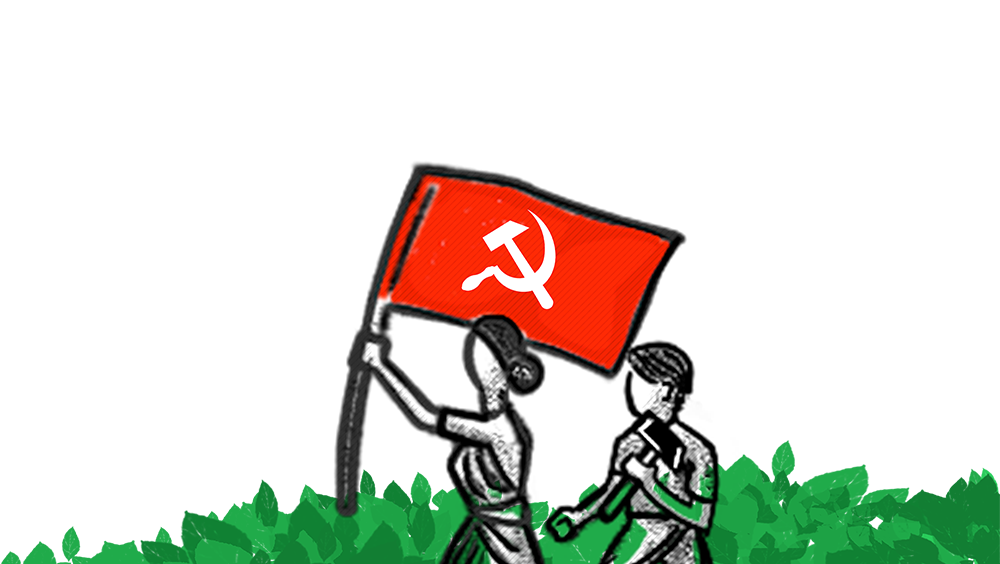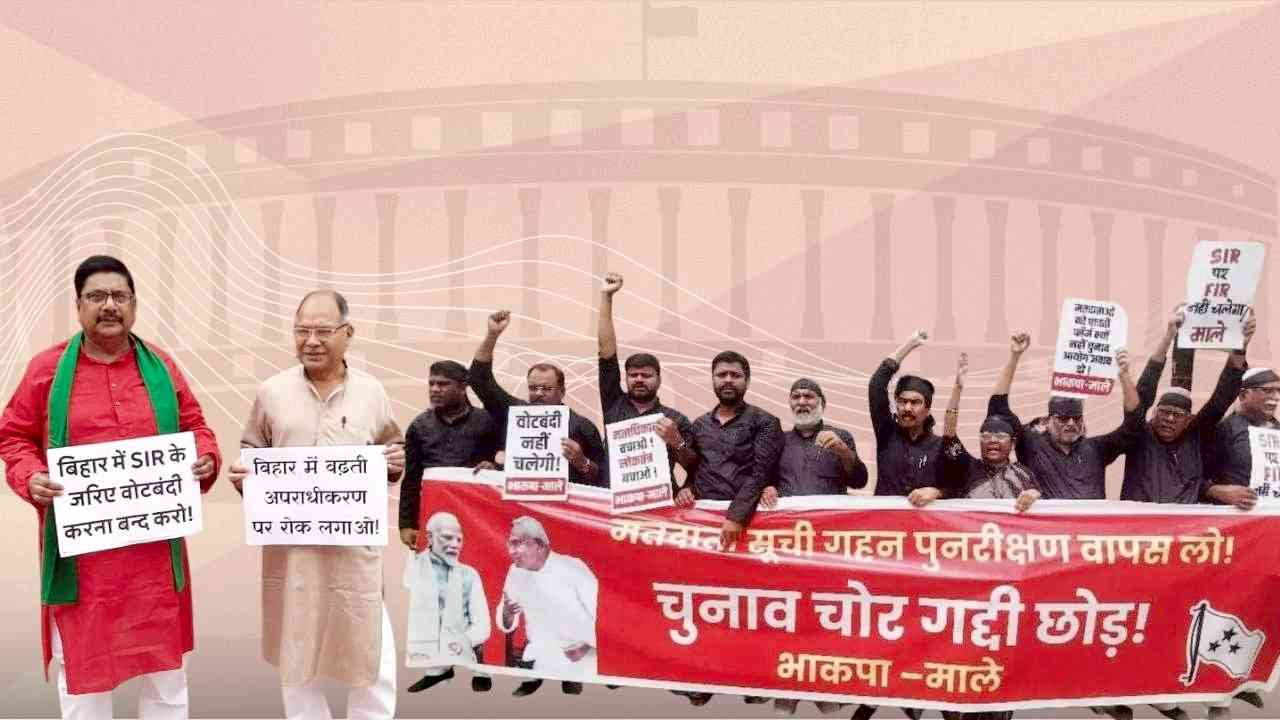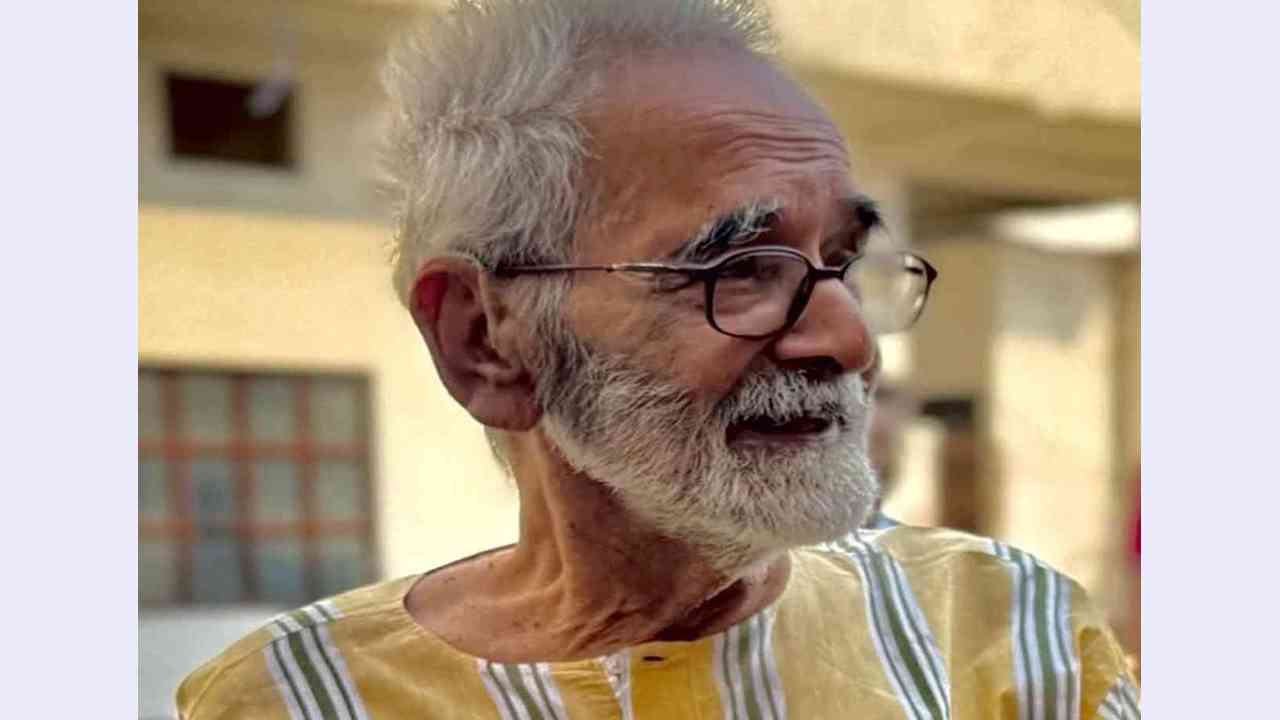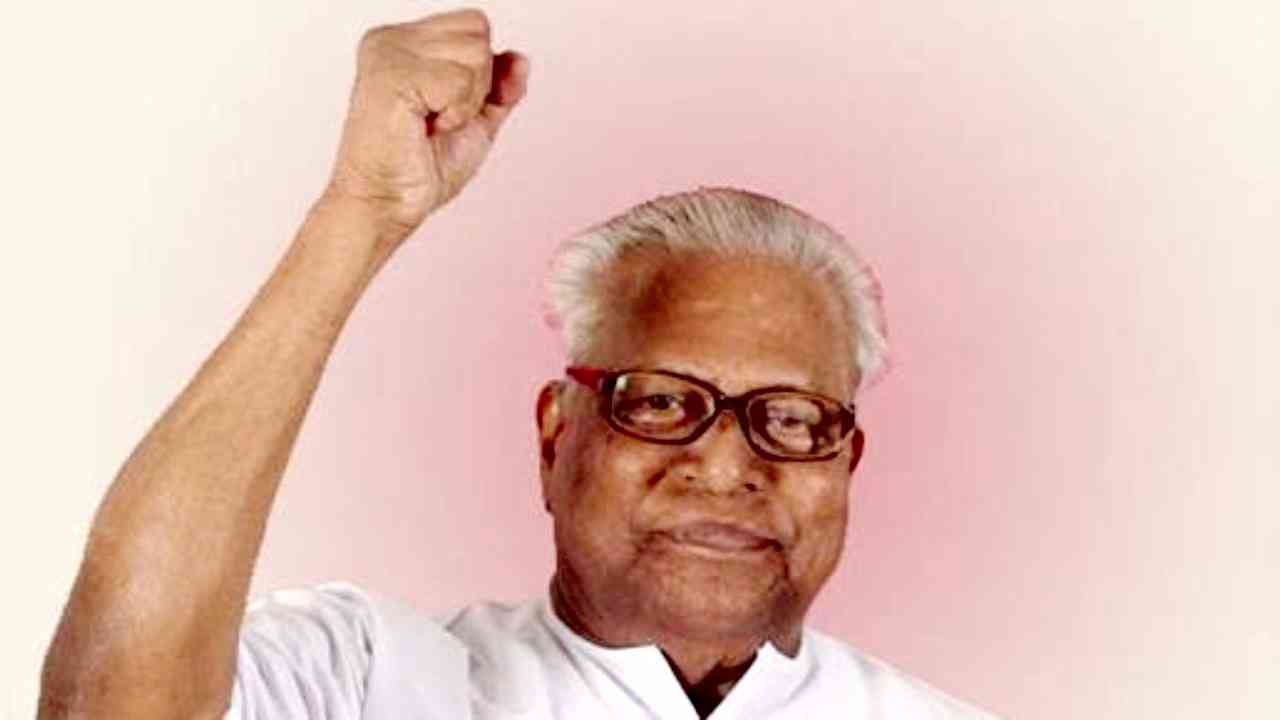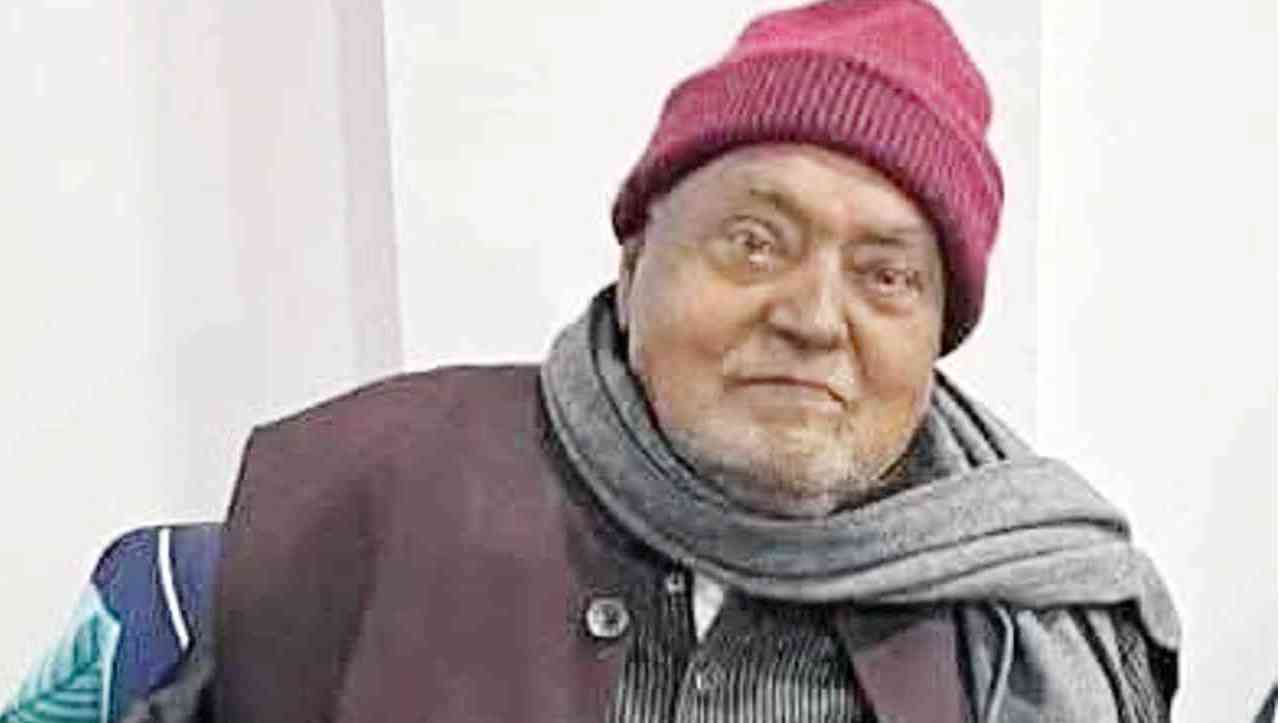It has now been ninety days since the Pahalgam terror attack and the perpetrators of this ghastly carnage still remain free, away from the reach of the proverbial long arm of the law. The Prime Minister who cut short his visit to Saudi Arabia in the wake of the attack cared neither to visit Kashmir nor attend the post-Pahalgam all-party meeting in Delhi. The government ignored the opposition demand for an urgent special session of Parliament and now just ahead of the monsoon session we had a media interview by the LG of the Union Territory of J&K taking responsibility for the Pahalgam security lapse. What does taking responsibility mean without resignation and course correction? After reducing the state to two Union Territories, the Union Government took over the entire security command in its own hands. The failure of security is the failure of the Modi Government and its Kashmir policy. Accepting responsibility, the LG and the Union Home Minister must resign and the government must immediately restore the statehood of Jammu and Kashmir.
Operation Sindoor was projected as a campaign for securing justice for the victims of Pahalgam, but with the perpetrators not yet captured where is the justice? Additionally, Operation Sindoor caused military losses and loss of military and civilian lives and properties, none of which has yet been duly acknowledged, far less compensated, by the government. The ceasefire or pause in the operation has been another issue on which the government is yet to come clean. The government attempt to present it as a bilateral understanding urged by Pakistan has been exposed as a big lie right from the outset when Trump broke the news and India and Pakistan merely confirmed it. Since then, Trump has been busy presenting it as a success story of US mediation at every opportunity while Modi has been conspicuously silent on the subject.
In a bid to drum up support for India, Modi government sent seven multi-party delegations of MPs and officials to different parts of the world, but while the delegations returned empty-handed, Pakistan secured big loans from international financial institutions. Precisely at this juncture, Pakistan also got majorly recognised in the international arena, including the presidency of the UN Security Council for the month of July 2025, as part of Pakistan's two-year term as a non-permanent member of UNSC which began in January 2025. In stark contrast to the Sangh brigade narrative of India's enhanced international profile in the Modi era and Modi's carefully cultivated fictitious image as a global leader, the spotlight now is on the Modi government's massive loss of face and acute isolation in the global arena.
It is important to understand this isolation in the context of the developing world situation. The onset of Trump 2.0, though electorally much more emphatic than Trump's first victory eight years ago, is being keenly contested in America's domestic political context. The continuing genocide of Palestinians by the Netanyahu regime with the fullest backing of the Trump Administration and the extension of the US-Israel war of aggression to Iran has evoked greater international opposition than any time in the past three decades of post-Soviet world order. At this juncture, India under Modi has abjectly capitulated to the US-Israel axis, silently accepting every humiliation by the Trump Administration and refusing to utter any word of condemnation against Israel or express any solidarity with the Palestinian cause. India had already abandoned SAARC, now it has begun to distance itself from SCO and limit its role in BRICS. No wonder India is facing growing isolation across Asia and beyond in the global arena.
The inaugural day of the monsoon session also coincided with two other major developments. While the submission of the EC's reply to the Supreme Court ahead of the next hearing on the SIR petitions on 28 July was already scheduled, the resignation of Jagdeep Dhankhar from the Vice President post was absolutely sudden and surprising. We will have to wait for subsequent developments to make a sense of the Vice President's sudden resignation and what it holds for power equations within the Sangh-BJP establishment. The outcome of the SIR petition has much more fundamental implications for the future of the Indian republic in its 75th anniversary. If the Supreme Court allows the SIR to run its course in Bihar and set the template for the electoral roll for the rest of the country, it will trigger a veritable redesigning of the republic with major implications for the structure of citizenship and the process of elections. Fifty years ago, it was the disqualification of a Prime Minister's election that had unleashed the suspension of democracy in the Emergency era, today it is the threat of disenfranchisement of the average elector and the consequent creation of a whole vulnerable group of second grade citizens which reveals the unmistakable spectre of fascist subversion of the Indian polity.

